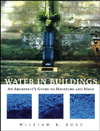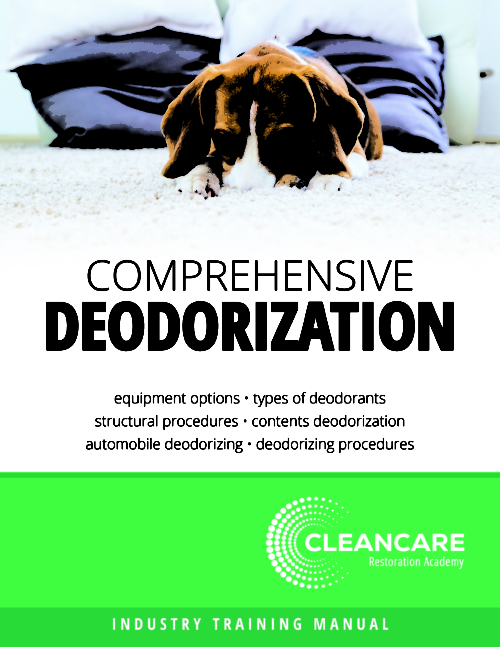Advanced Vapor Technologies Announces TANC "Mold Buster" Technology

Advanced Vapor Technologies − the technology leader in Saturated Steam Vapor (SSV) cleaning and disinfection systems − has announced its TANCS® “Mold Buster” Technology to remediate mold in carpet.
This is especially timely in U.S. southern states projected to have higher-than-normal wet-weather events this winter. The US National Oceanic and Atmospheric Administration's (NOAA’s) Climate Prediction Center, predicts "wetter-than-average conditions across the southern tier of the U.S., and up into the Mid-Atlantic" from December 2018 through February 2019.
Wet weather and flooding leads to mold growth, and the International Association of Certified Home Inspectors (InterNACHI) says mold is especially troublesome when it occurs in carpet:
"In many cases, if mold has grown on carpet, cleaning will not be possible … [and] if there is a large area of growth, the carpet will probably need to be replaced. Thankfully, there’s a solution to avoid carpet replacement in many cases,” noted Rick Hoverson, principal of Advanced Vapor Technologies, LLC. “A study of our TANCS SSV technology conducted by the University of Saint Louis, School of Public Health, found our system is very efficient in eradicating mold in carpet after 24 hours, seven days, and 30 days of mold incubation time.”
The study disproved the popular notions that mold cannot be significantly reduced in carpet after it has been wet 24-hours or more, and that all cleaning methods are equally effective.
Study Details
Sixty samples of wet carpet and foam padding were embedded with Cladosporium sphaerospermum (spp) mold, then incubated for 1 day, 7 days, and 30 days. Mold colony forming units (CFU) increased from “1,300 per square feet in 24 hours to a maximum of approximately 9,200 colony forming units per square feet after 7 days with a slight decline in growth after 30 days incubation.”
Cleaning was compared using three methods: High-flow/hot water extraction; hot water and detergent; and TANCS low-moisture steam vapor.
The study concluded: “[Saturated TANCS] Steam was significantly better than the other two methods with 92-99.8% efficiency in reduction of Cladosporium sphaerospermum (spp)” over incubation times of 1,7, and 30 days.
“The other two methods had declining efficiencies of fungal removal over time, from a maximum of 82% and 81% at 24 hours down to 60% and 43% at 30 days for hot water/detergent and high-flow/hot water extraction, respectively,” according to researchers.
For more information regarding the study and TANCS technology, call 800-997-6584 or visit www.advap.com.
Looking for a reprint of this article?
From high-res PDFs to custom plaques, order your copy today!






